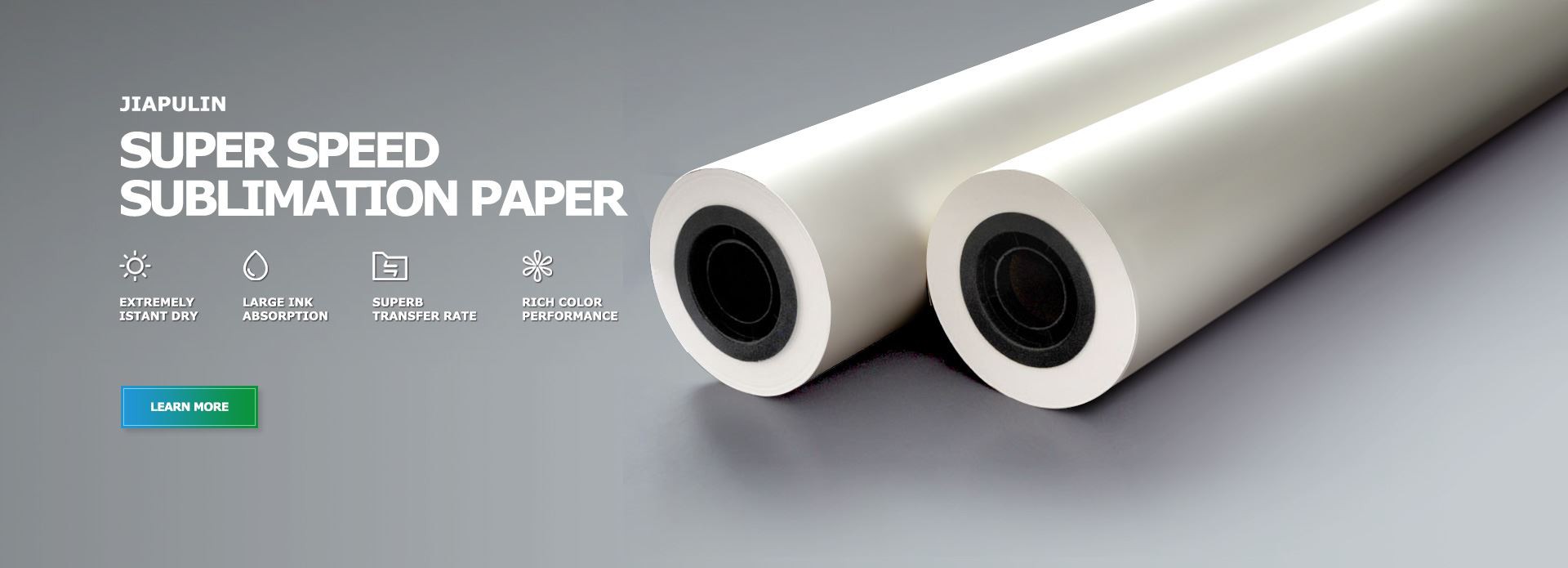What Is The Use Of Rosin Paper?
Jan 17, 2024
What is the use of rosin paper?
Rosin paper, also known as building paper or felt paper, is a versatile material commonly used in the construction industry. It is made from recycled paper that is coated with a mixture of asphalt and rosin. The resulting product is a sturdy and waterproof material that has various practical applications in building and renovation projects.
The history of rosin paper
Rosin paper has been used for centuries, dating back to ancient Egypt and Greece. In those times, it was primarily used as a protective layer under stone floors to prevent moisture from seeping through. Over time, the composition of rosin paper has evolved to include different materials, making it more durable and versatile.
Properties and characteristics
Rosin paper is known for its distinct properties and characteristics that make it suitable for a wide range of applications. These include:
1. Waterproof: The asphalt coating on rosin paper provides a waterproof barrier, making it an excellent choice for protecting surfaces from moisture damage.
2. Breathable: While rosin paper is waterproof, it is also breathable, allowing moisture vapor to escape and preventing the buildup of condensation.
3. Tear-resistant: The addition of rosin to the paper''s composition makes it stronger and more tear-resistant, making it suitable for heavy-duty applications.
4. Non-slip: The rough texture of rosin paper provides a non-slip surface, making it ideal for use as a temporary floor covering.
5. Soundproofing: Rosin paper has sound-absorbing properties, making it an effective material for reducing noise transmission between floors in multi-story buildings.
6. Insulation: The layers of paper in rosin paper provide some insulation properties, helping to regulate temperature and reduce energy consumption.
Applications of rosin paper
1. Surface protection: One of the primary uses of rosin paper is to protect surfaces during construction or renovation projects. It can be used to cover floors, walls, countertops, and other vulnerable areas to prevent damage from spills, scratches, and impact.
2. Underlayment: Rosin paper is often used as an underlayment for various types of flooring, including hardwood, laminate, and tile. It acts as a moisture barrier and cushioning layer, prolonging the life of the floor and enhancing its performance.
3. Roofing: Rosin paper is sometimes used as an underlayment for roofing materials. It provides an additional layer of protection against water infiltration and helps to keep the roof deck dry.
4. Soundproofing: Due to its sound-absorbing properties, rosin paper is used as an acoustic barrier between floors in buildings. It helps to reduce noise transmission and improve overall sound quality.
5. Insulation: Rosin paper can be used as an insulating material in walls, ceilings, and floors. It helps to regulate temperature and reduce heat loss, making it an energy-efficient option.
6. Crafts and packaging: Rosin paper can also be used for arts and crafts projects, such as gift wrapping, scrapbooking, and origami. Its durability and versatility make it a popular choice for various creative endeavors.
Tips for using rosin paper effectively
1. Preparation: Before using rosin paper, ensure that the surface is clean and free from debris. Any dirt or loose particles can affect the adhesion of the paper and compromise its protective properties.
2. Proper installation: When using rosin paper as a floor or wall covering, ensure that it is installed tightly and securely. Use adhesive tape or staples to hold the paper in place, especially in high-traffic areas.
3. Overlapping: When covering large areas, overlap the edges of the rosin paper to create a continuous protective layer. This prevents moisture from seeping through the gaps and ensures maximum coverage.
4. Removal and disposal: When the project is complete, carefully remove the rosin paper, taking care not to damage the surface beneath. Dispose of the used paper in an appropriate manner, following local regulations for recycling or waste disposal.
In conclusion
Rosin paper is a versatile and practical material used in the construction industry for various purposes. Its waterproof, breathable, tear-resistant, and sound-absorbing properties make it an ideal choice for surface protection, underlayment, roofing, soundproofing, insulation, and crafts. By understanding its properties and following proper installation techniques, rosin paper can be effectively used to enhance the durability and performance of construction projects.

